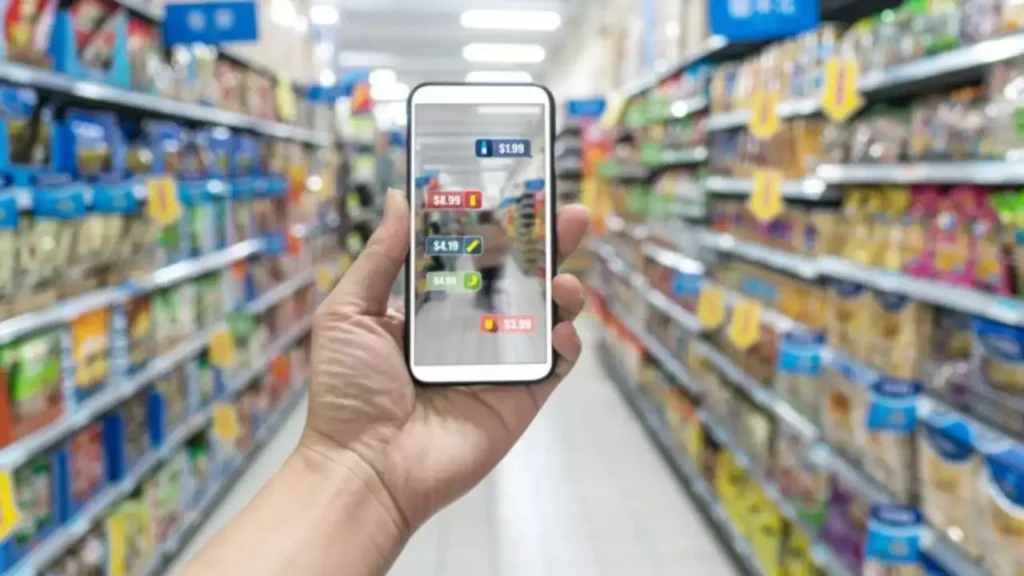Consumer goods manufacturers are redesigning their product packaging to be more e-commerce friendly due to the continued growth of this sales channel in their overall revenue.
Company executives stated that products sold through ecommerce undergo multiple handlings compared to offline sales, often experiencing rough handling by quick commerce delivery personnel. Additionally, individual units are shipped, increasing the likelihood of leakages or transit damage.
ITC Ltd is redesigning the packaging of most of its FMCG products to withstand transit damage. For example, it has modified the cap of shower gel packs to prevent leaks even without the use of adhesive tape.
Biscuit manufacturer Parle Products is introducing additional protective layers for its INR 30-80 packs, which are primarily sold online. They are also implementing separate outer packaging for bundled online sales to ensure the biscuits remain intact.
Mayank Shah, Vice President of Parle Products, noted that packages in e-commerce undergo more handling compared to modern or general trade, particularly with the increasing prominence of quick commerce.
Continue Exploring: Quick-commerce giants grab 30-50% of FMCG sales, kirana stores witness slowdown
Sameer Satpathy, the Chief Executive of ITC Ltd’s personal care products business, stated that designing e-commerce friendly packaging offers a competitive edge as consumers seek maximum value from their purchases.
Since the Covid pandemic, most fast-moving consumer goods (FMCG) companies have reported an increase in the contribution of e-commerce to their total sales. This trend has persisted even after the pandemic, which experts attribute to shifts in shopping behavior and the growth of quick commerce in major cities.
For example, according to research by NielsenIQ, the online contribution for impulse food items like chocolates, confectioneries, and salty snacks increased from 3% in 2022 to 5% in 2023. Similarly, for fabric care products such as washing powders/liquids, pre-post wash solutions, detergent cakes/bars, and fabric blues, the online contribution surged from 6% to 7%. Moreover, for home cleaning products like utensil cleaners, toilet cleaners, floor cleaners, and glass cleaners, the online contribution rose from 10% to 11% during the period analyzed.
Continue Exploring: FMCG giants roll out budget-friendly digital packs, targeting mass market
Little wonder, a major FMCG company discussed this issue during their recent corporate management committee meeting, prompted by complaints from several executives who received damaged products when buying online.
Dabur, aiming to attract younger online consumers, has begun designing new packaging specifically for online sales. Chief Executive Mohit Malhotra stated that they are introducing “aspirational packaging,” featuring consumer-friendly designs that are ergonomically improved for easier handling and use.
Health food brand Bagrry’s has transitioned their mid-sized cereal packages from cardboard boxes to pouches and jars to make them more suitable for e-commerce shipping. Additionally, they have introduced corrugated boxes for their plant-based beverages to minimize transit damage. In collaboration with Amazon, the company has also developed a corrugated box packaging for a 1.5 kg muesli pack, eliminating the need for Amazon to add additional packaging.
“The returns due to shipping damage has drastically come down due to these packaging changes,” said Bagrrys India director Aditya Bagri.
Continue Exploring: FMCG companies and Kirana stores gear up for summer: Dairy and beverage sales spike across India
